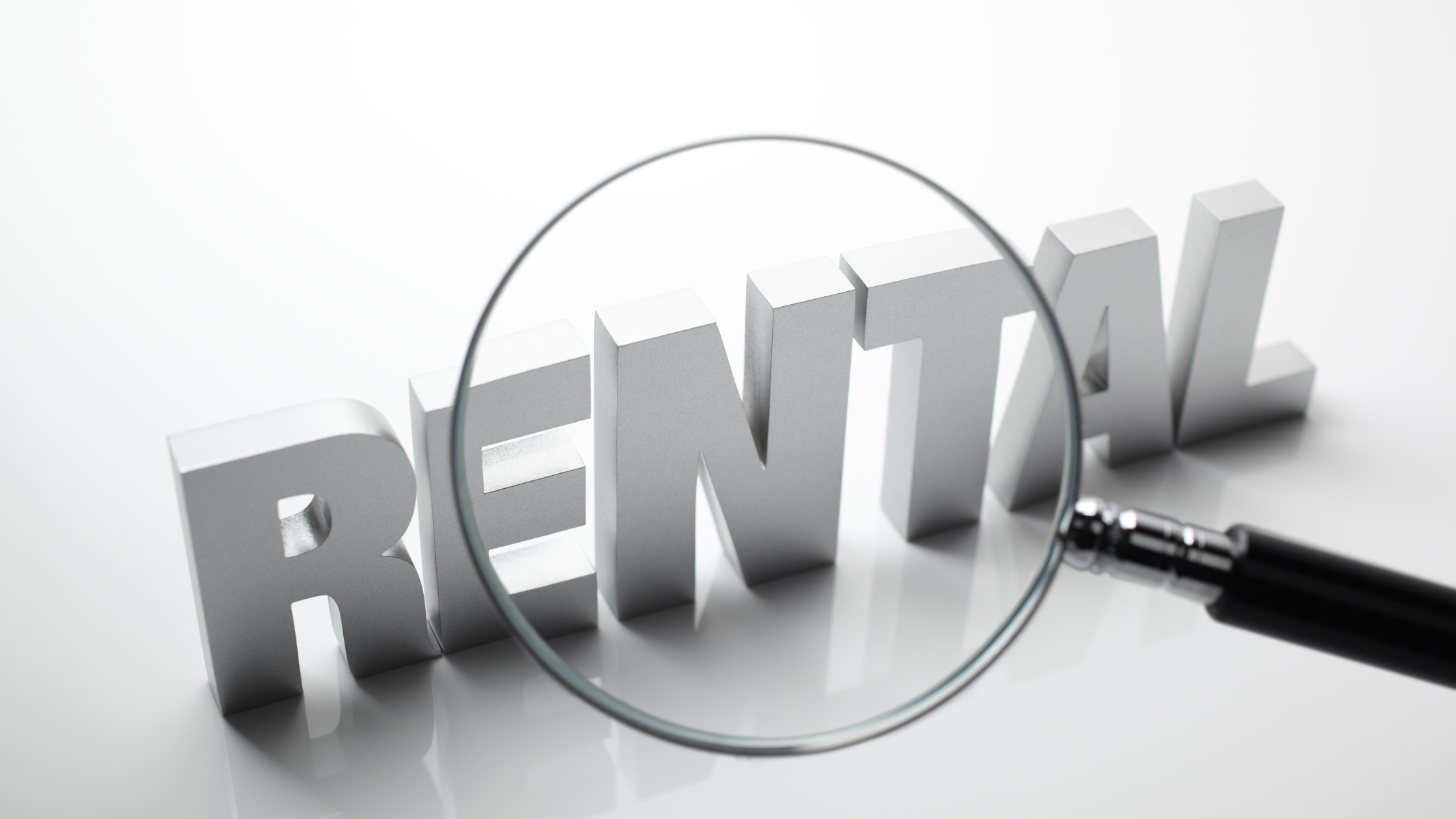One of the most daunting aspects of the rental process is filling out the dreaded rental application. If you find yourself fumbling over this convoluted form and its related tasks, let us help you out! This helpful guide to decoding your rental application is the only resource you’ll need to navigate the hurdles of applying to live in your dream community. Below, you’ll find the answers to all of the most common questions related to filling out the rental application, so let’s dive in and prepare you for an easy application process!
How Much Does the Rental Application Cost?
If you’re new to renting, you may have read the subheading above and thought to yourself, “Cost? You mean I have to pay just to fill out the application?” Like applying to a college, rental applications usually require a small fee. In most cases, the fee will be somewhere between $20-$60, but the actual cost will vary from place to place. Before you begin filling out an application, make sure you’re aware of the application fee. Evaluate whether or not the place of residence is somewhere you’d actually like to live before you move forward in the application process!
What is a Credit Report?
Running a credit report simply involves a 3rd party credit bureau taking a look at your history of paying back your creditors. That means they’ll get access to your credit card payment history, the payment history on any previous loans you’ve taken out in your name, and any bankruptcy or tax lien history that you may have. This will give the property owner a good idea of whether or not you’ll be able to make future rent payments on time.
How to Fill Out the Rental Application Properly
Now that we've covered the initial costs, let’s move on to the application itself. It's crucial to fill out the rental application accurately and honestly. Any discrepancies or misinformation could lead to a rejection. Here's a step-by-step guide:
Personal Information
Providing accurate personal details is the foundation of a successful application. Include your full legal name, current address, and active contact information. Ensure there are no typos, or errors that can cause delays or complications. If you have a nickname or use a variation of your legal name, make a note of that to avoid any confusion.
Employment Information
When detailing your employment information, be thorough and precise. Include the name of your current employer, your job title, and your monthly income. If you have multiple sources of income or if you're a student, be transparent about these details. Property owners want to ensure that residents have a stable financial foundation to meet rent obligations.
Rental History
Provide a comprehensive rental history that includes details about your previous residences. Include the names and contact information of past landlords and the duration of your stay at each location.
References
References play a crucial role in establishing your reliability. Opt for references from previous landlords or employers who can vouch for your responsible nature. Include their contact information and inform them beforehand that they might receive a call.
Income Verification
Attach relevant documents to verify your income. This could involve recent pay stubs, bank statements, or tax returns, depending on the nature of your income. The goal is to assure the property owner that you have a consistent and reliable source of income to cover rent and other living expenses.
Be Honest About Credit Issues
If you have any credit issues, honesty is the best policy. Clearly state any challenges you've faced and provide a brief explanation. If you're actively working to improve your credit, mention the steps you're taking.
Read the Lease Agreement
Before signing any documents, carefully read the lease agreement. Pay close attention to clauses related to rent, utilities, maintenance responsibilities, and any specific rules or policies. If there's anything you don't understand, seek clarification. Knowing the terms of the lease ensures that you're comfortable with the agreement. This is a mistake many first-time renters make, and it can lead to disputes down the road.
Remember, a lease agreement is a legal contract. If you sign your name, you’re saying that you agree with all of the terms and conditions above. Be sure you not only read it yourself but that you have another trusted person read the terms and conditions as well. You don’t want to lock yourself into a binding legal agreement without fully understanding what it means!
Ask Questions
Don't hesitate to ask questions throughout the application process. Whether you need clarification on specific requirements, details about the property, or anything else related to the lease, proactive communication shows your genuine interest and commitment.
Don't forget, transparency and thoroughness in your application are essential. By following these detailed steps, you'll present a well-rounded and reliable profile to potential landlords, increasing your chances of a successful rental application!










